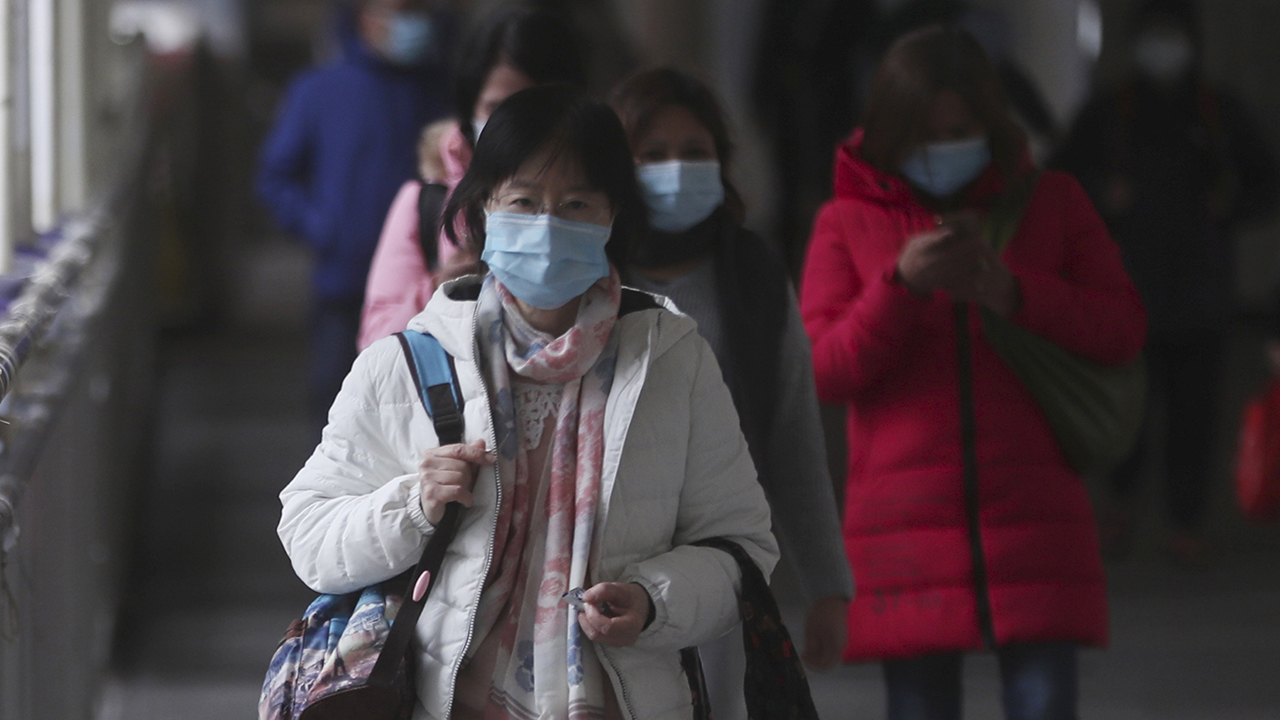[ad_1]
An outbreak of the novel coronavirus, a deadly pneumonia-like illness that’s killed at least 636 people and sickened more than 31,200 people across the world, has sparked fears that Americans may be at risk — especially after 12 cases of the virus have been confirmed in the U.S.
For now, federal health officials maintain that the risk to the public is low, while other medical professionals are stressing you have a much greater chance of contracting the flu than the coronavirus.
CORONAVIRUS: THESE UNIVERSITIES ARE CANCELING STUDY-ABROAD PROGRAMS
Still, as the disease continues to make headlines, here’s what to do if you’re worried you may have been exposed to or contracted the coronavirus.
Evaluate your risk
Have you been to China recently?
In a statement to Fox News, Dr. William Schaffner, the medical director of the National Foundation for Infectious Diseases, said those who have recently traveled to the country are most at risk, as experts have linked the virus to a live animal and seafood market in the city of Wuhan.
“For most people in the U.S., unless you have traveled to China recently or have been exposed to someone who has a coronavirus infection, your risk is very low,” he said.
I think I’ve been exposed. Now what?
In short: Call your doctor first.
“If you think you may have been exposed, call your healthcare professional immediately and tell them your travel history. Calling first is important so they can be prepared. Do not go directly to the hospital, where you may infect other people,” Schaffner said.
The flu vs. coronavirus
The symptoms of the flu and the novel coronavirus do mirror each other — fever, shortness of breath and cough — but don’t confuse them, especially if you haven’t been to China in recent weeks or been around someone who has.
CLICK HERE TO GET THE FOX NEWS APP
“The symptoms of coronavirus infection are similar to that of influenza (flu), which is very common in the U.S. and has already resulted in more than 8,000 U.S. deaths this flu season,” said Schaffner. “You can lower your risk by getting vaccinated against the flu every year, using proper hand hygiene, and avoiding people who are sick.”
What the CDC says
The Centers for Disease Control and Prevention (CDC) offers tips for anyone in the U.S. who is confirmed to have, or is being evaluated for, the novel virus.
These include:
- Stay home except to get medical care
- Separate yourself from other people in your home
- Call ahead before visiting your doctor
- Wear a facemask
- Cover your coughs and sneezes
- Wash your hands
- Avoid sharing household items (such as cups, eating utensils, towels, bedding and more)
- Monitor your symptoms
The CDC also offers prevention steps for caregivers and household members. (Other ways to protect yourself can be found here.)
[ad_2]
Source link

